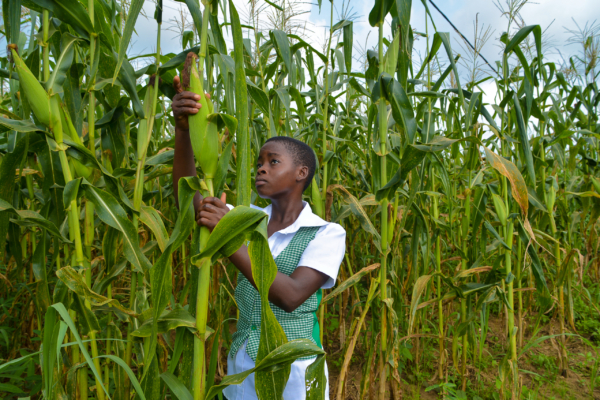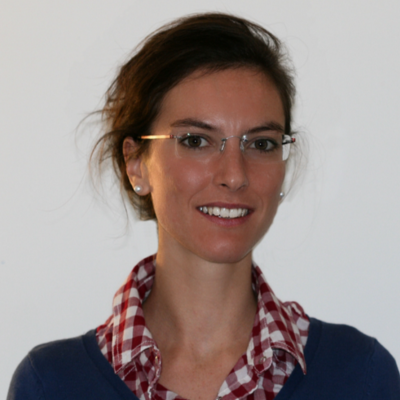PROJECT LAUNCH
1992
LOCATION
We are in the process of launching a mini-business at the center. My group has chosen to produce corn because this product is rare in the locality of the dry season. I’m happy because everyone in the group is involved in the work. At first, I thought it would be impossible, but after discussing it with my classmates, I understood that anything was possible by consulting my classmates. We are seven young people in the group, and I really think we will succeed.
DOROTHÉE
3rd year CAP student at Dizangue center
Training young people in agriculture
The context in Africa
A young and rural population, with 45% of the population living in rural areas and 60% under the age of 25.
A buoyant agricultural sector, accounting for around 20% of GDP and the largest source of employment, with 50% of the working population employed in the sector.
A training offer that is far removed from the reality of the job market, with training courses that are disconnected from the reality of agricultural occupations and generally too theoretical. They are not conducive to the social and professional integration of young people, many of whom find themselves unemployed.
The vision of the program
To train today the farmers of tomorrow as key players in the agro-ecological transition and in economic development.
Train and integrate the youth through work-study programs
Our teams have put in place a training programme based on the alternating teaching method, enabling students to discover a subject in a practical way through work placements, and then to go into greater depth on what they have learnt during theoretical courses, educational workshops (hutches, hen houses and vegetable gardens), presentations by professionals and study visits. At the same time, the course teaches life skills and self-development (communication, critical thinking, resilience, confidence and respect) and raises young people’s awareness of gender issues.
What is a work-study cycle?
The alternation corresponds to a cycle of theoretical learning and practical application of a main technical theme. Each alternation lasts around 6-8 weeks.
Each year, the students cover 6 to 9 themes: market gardening, poultry farming, cocoa, rubber …
2024 results
young people trained
are in employment or are continuing their studies





